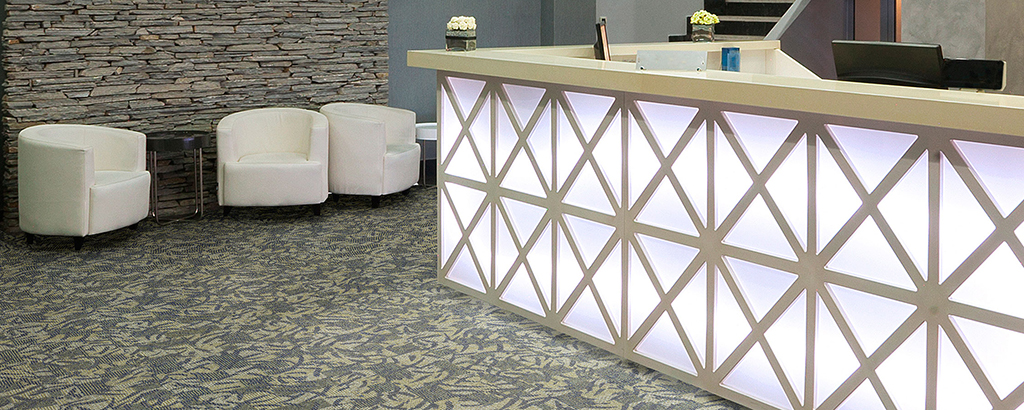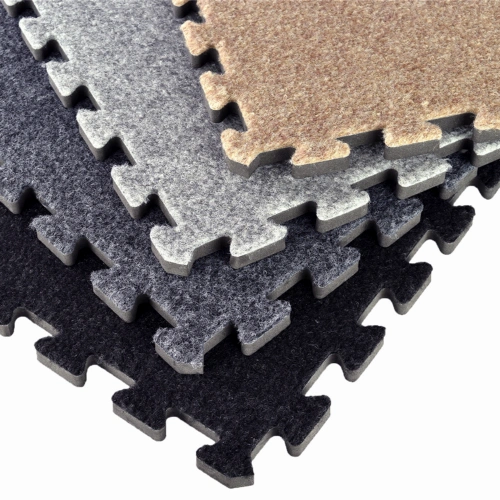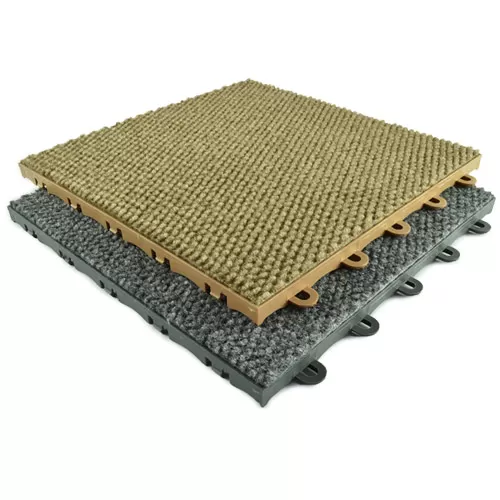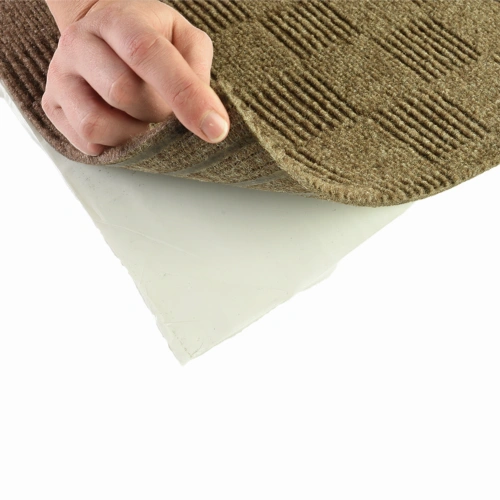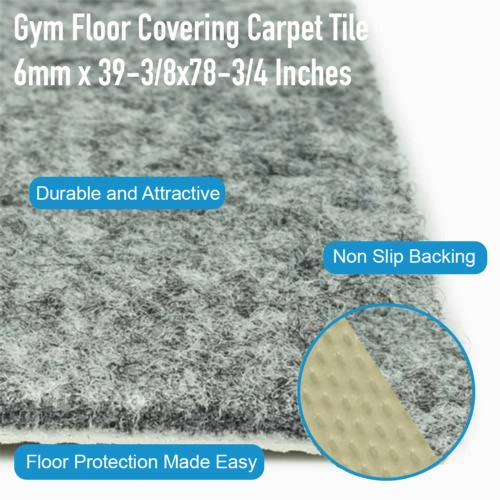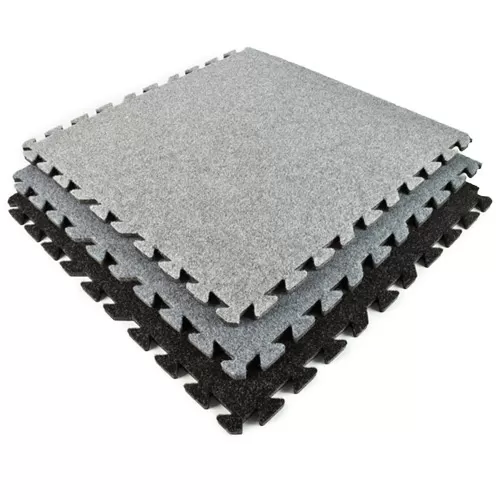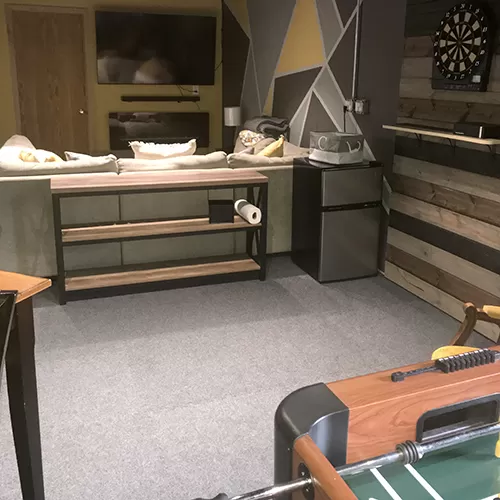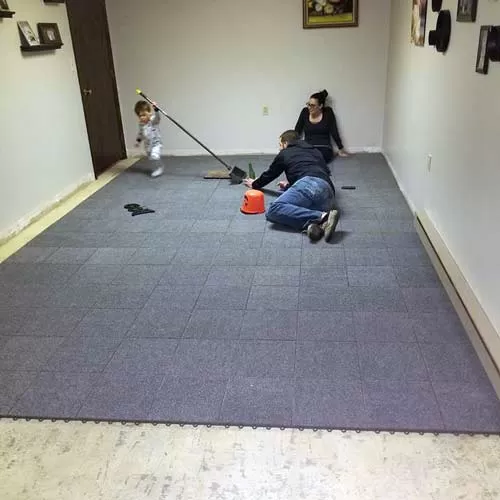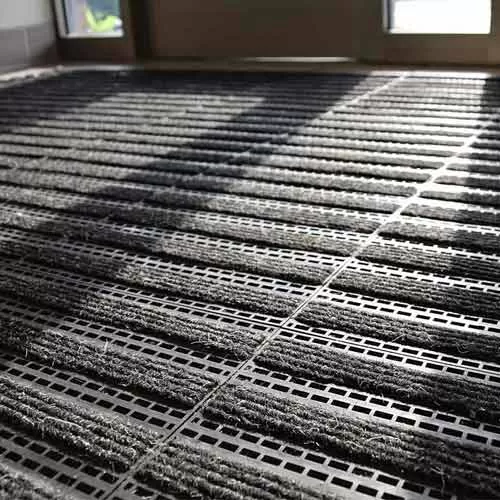Discover the Perfect Carpet Tiles for Your Space
Carpet tiles are a versatile and stylish flooring solution that combines comfort, durability, and ease of installation. Whether you're upgrading your home, office, or commercial space, these modular tiles offer endless design possibilities to match your aesthetic preferences.
Carpet tiles have become a popular flooring due to their practicality and flexibility. Unlike traditional carpeting, they are easy to replace, allowing you to maintain a fresh look even in high-traffic areas. Perfect for DIY enthusiasts and professionals alike, carpet tiles can be installed with minimal tools and effort.
Article Library
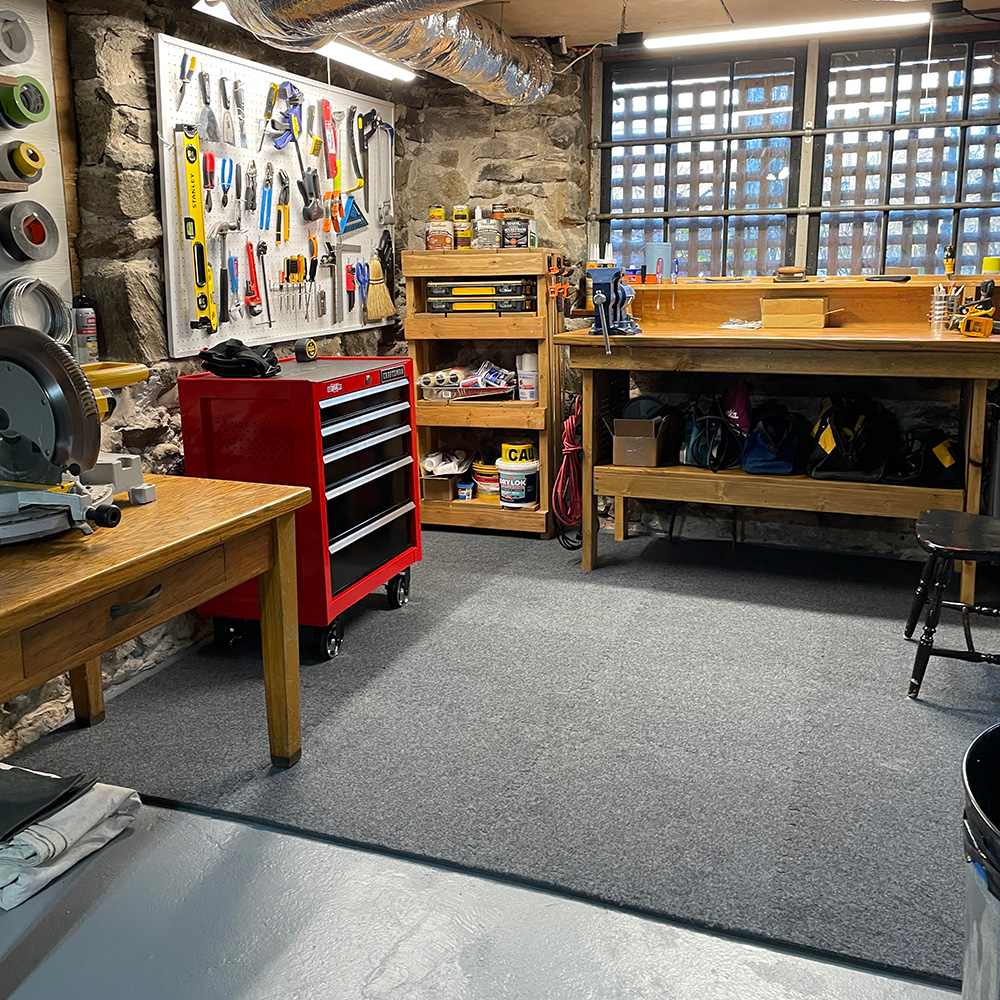
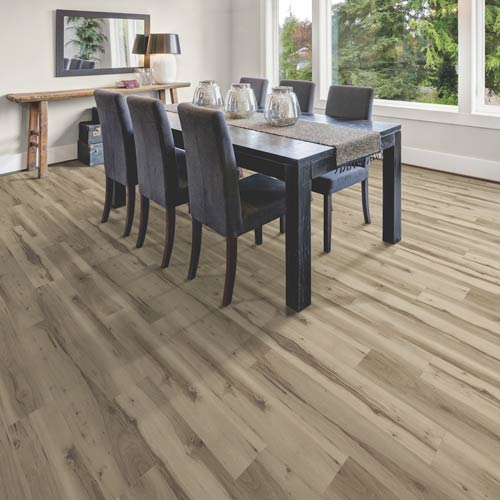
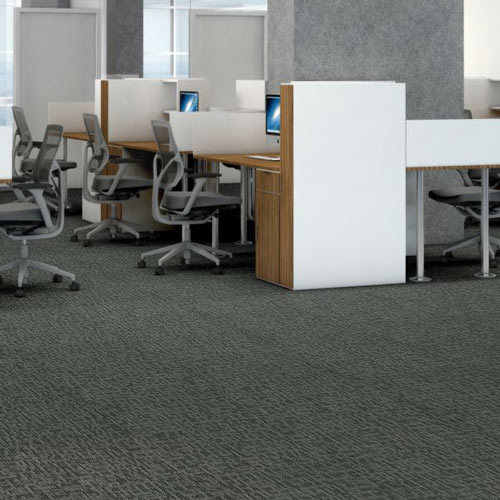

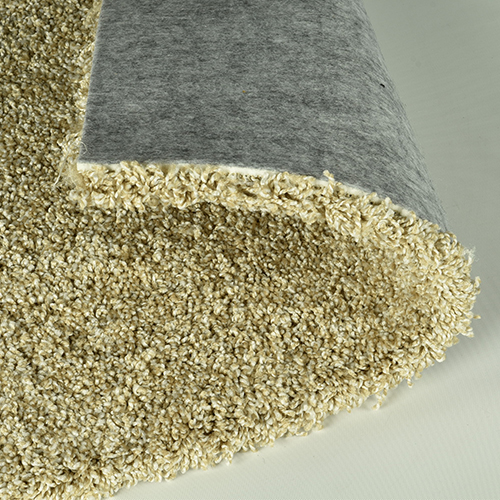
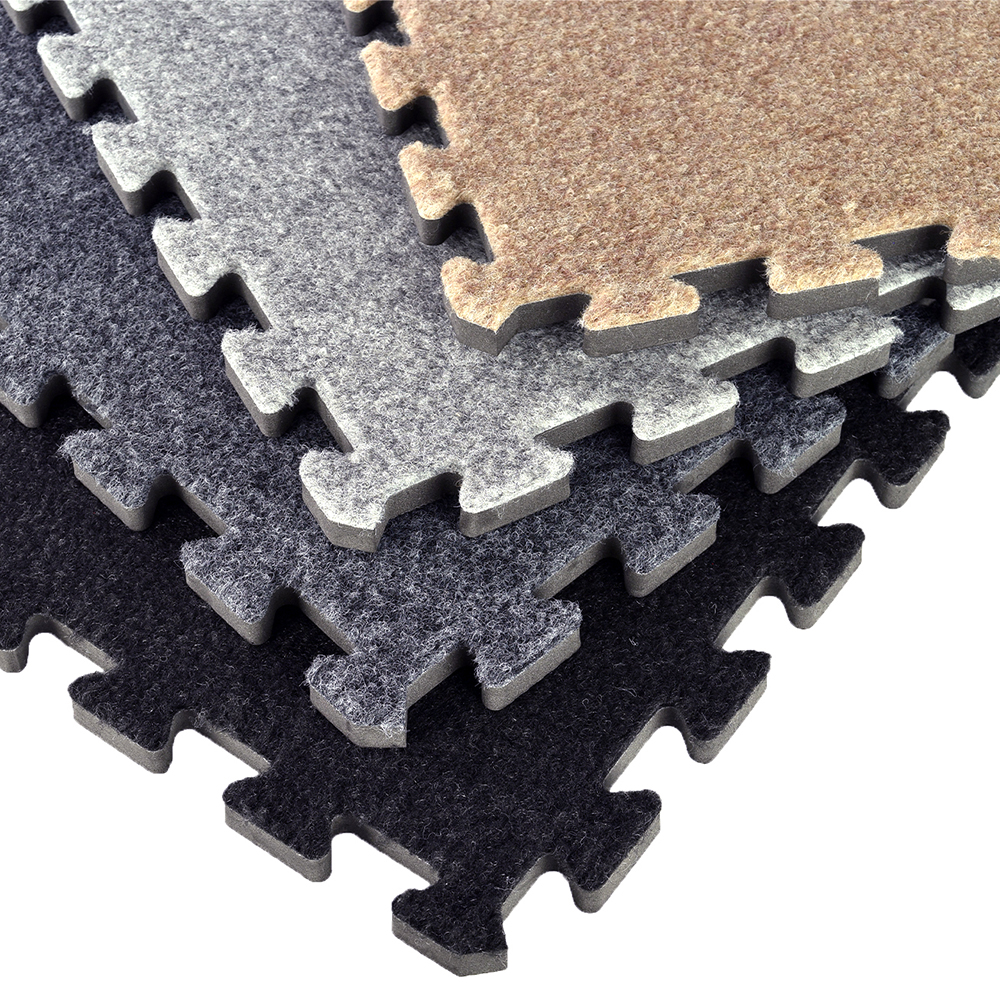
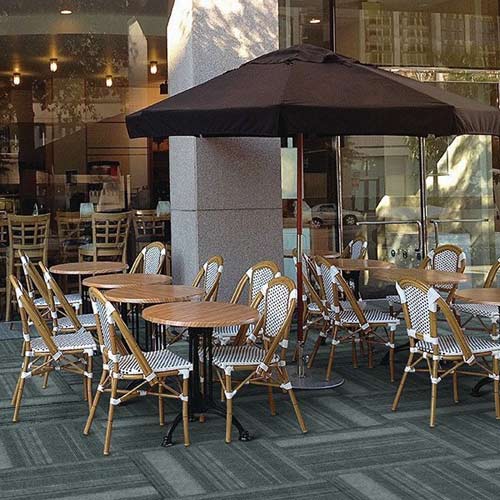

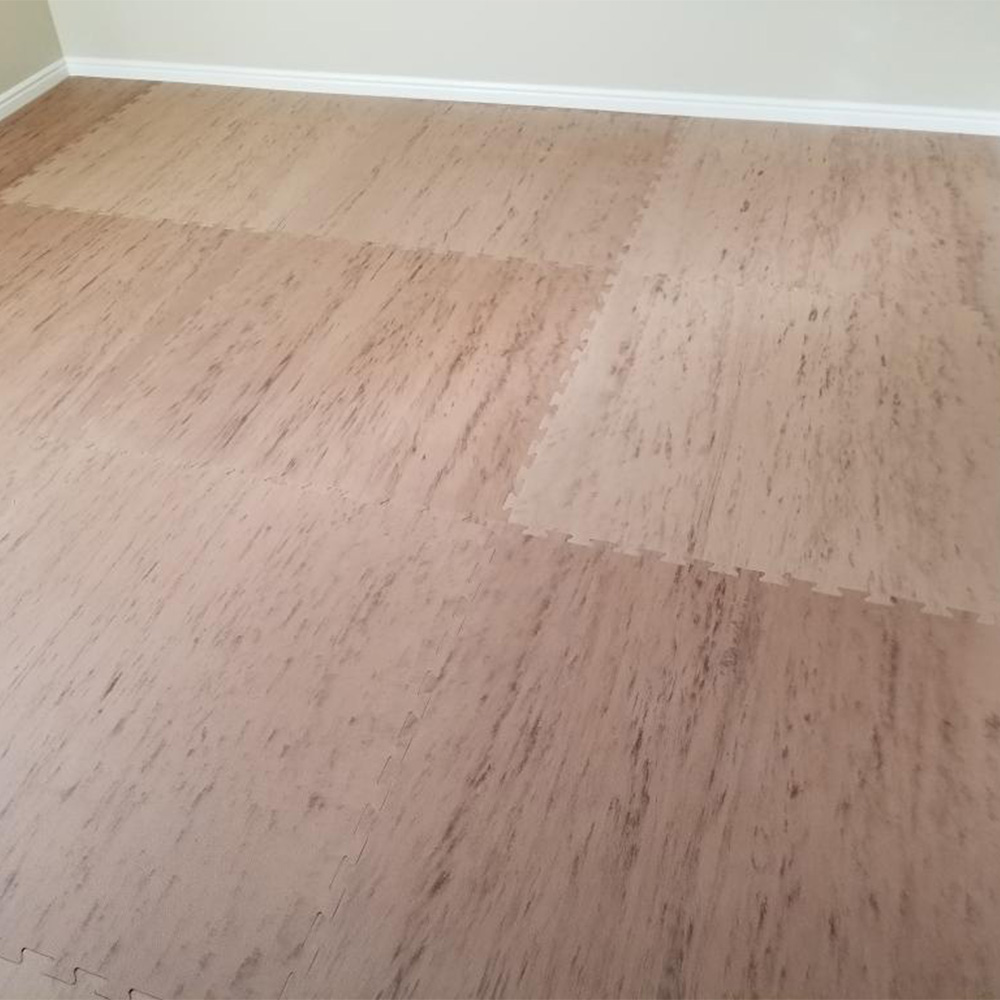
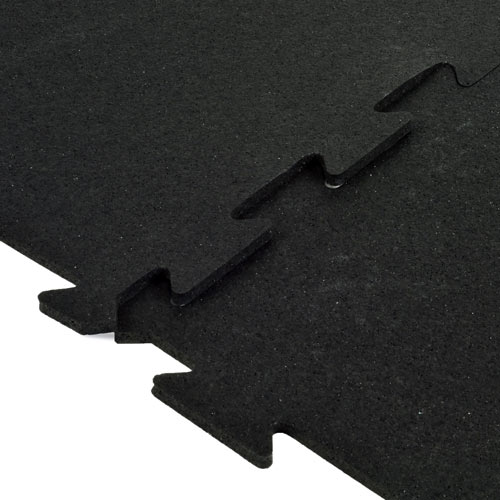
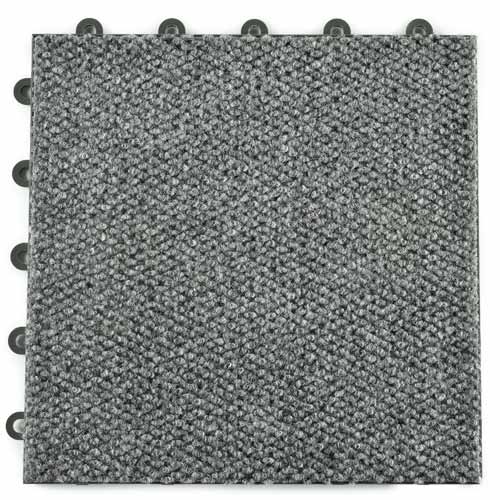
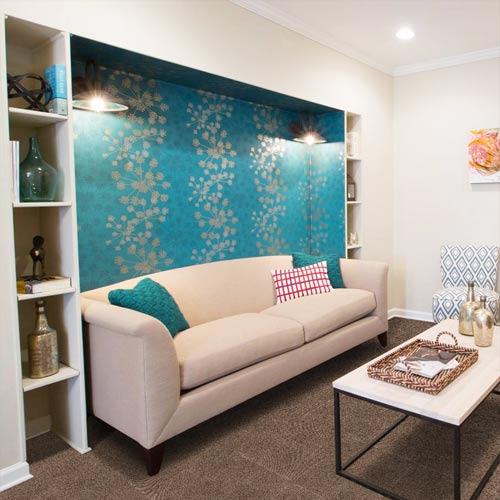
Video Library












Ideas Before You Buy Carpet Tiles
Tips & considerations for purchasing carpet tiles:
The following blogs offer tips on what aspects to look for in your carpet square flooring before purchasing. Whether you plan to use these carpet tiles in a residential or commercial setting, these are all important things to learn before making your final decision.- Learn how to use carpet face weight as a guide for determining the overall density and quality of carpet in your purchasing journey. Learn More: What Is Carpet Face Weight & How Important Is It?
- The typical basement environment is less than ideal for carpeting; find out how to carefully and strategically choose the best products for use in a basement. Learn More: Is Basement Carpet a Bad Idea?
- Learn about this superior carpet tile product that can withstand a washing machine and is designed for it! Learn More: Can Carpet Tiles Go In The Washing Machine?
- Find out the average costs for basement carpet tiles and how to compare square footage costs. Learn More: How Much Do Carpet Tiles for Basement Spaces Cost?
- It’s important to pay attention to the type of backing used with the carpet tiles when installing over any in-floor heating. Find out what styles are best to use in this scenario. Learn More: Can You Install Carpet Tiles Over Hydronic Heating?
Top 10 Questions About Carpet Tiles
Below are the most popular questions we've received about carpet tiles/squares flooring. Click the question to get a detailed answer and explanation on these topics.- Can You Put Floating Carpet Tiles Over Tile or Concrete? A floating carpet tile has a plastic base that lifts the carpet section above the subfloor. These plastic base units can go directly over almost any subfloor, including existing tile or concrete.
- What Are the Best Carpet Tiles for a Basement? Some basements may have moisture that seeps through the concrete block, creating frequent dampness. When selecting carpet squares to use in a basement, look for a carpet tile that can go directly over concrete and offers waterproof capabilities.
- Do I Need Padding to Install Carpet Tiles? When laying out a roll of carpeting, installers often need to add a roll of padding underneath the carpet. When creating a layout with carpet tiles, though, many of the pieces already have padding or have a design that negates the need for additional padding.
- Can You Install Carpet Tiles Over Hardwood or Vinyl Flooring? Rather than removing an existing hardwood or vinyl flooring installation to put in new carpeting, consider going over the top. You can install the majority of carpeting tiles directly over the top of a hard and smooth existing floor.
- What Are the Best Padded Carpet Tiles? The best padded carpet squares often have a peel-and-stick design, making them extremely easy to install as a DIY project. The padding should be cushioned enough to provide comfort while remaining firm enough to walk across without sinking into the material.
- Are Interlocking Carpet Tiles Waterproof? When installing carpet squares in an area that may have moisture seepage on a regular basis, such as a basement or garage, having waterproof carpeting is a must. Not all carpet tiles offer waterproof capabilities, so shop carefully to find the material that will give you the moisture protection you want.
- What Are the Best Commercial Carpet Tiles? When installing carpeting in a commercial location, the flooring must be durable enough to stand up to regular foot traffic and other tough conditions. However, the best commercial carpeting tiles do not have to sacrifice style to give you the durability you want.
- How Do You Install Carpet Tiles Without Glue? Many of the carpet tiles we offer at Greatmats do not require extra adhesive or glue for installation. We have interlocking tiles that snap together at the edges, and we have peel-and-stick tiles that adhere to almost any subfloor successfully.
- What Are the Best Outdoor Carpet Tiles? Carpeting made for use outdoors needs to be able to withstand frequent sunlight and weather issues, like rain and snow. The best outdoor carpeting often will have darker colors to hide soils, while delivering a high level of durability to stand up to multiple use cases.
- What Is the Best Way to Clean Carpet Tiles? One of the best things about our carpet squares is they rarely require any specialized cleaning techniques versus what you would do with a roll of carpet. You can use a vacuum cleaner for regular cleaning, and you often can use a professional shampooer to perform a more thorough cleaning.
Best Carpet Tile Products
Royal Interlocking Carpet Tile
Our Royal Interlocking Carpet Tile is an extremely popular type of carpet square, thanks to its ease of installation and low cost. It has an interlocking puzzle edge and measures 2-by-2 feet.
Modular Square Carpet Tile
With a hidden interlocking plastic base, our Modular Square Carpet Tile connects together securely while leaving the plastic base invisible in the final layout.
Smart Transformations Crochet Carpet Tile
For a type of carpet that has some interesting textures and a crochet pattern, our Smart Transformations Crochet Carpet Tile will grab your attention.
Gym Floor Covering Carpet Tile
To protect a wooden gymnasium floor during events such as banquets, receptions, graduations, and craft fairs, count on the large Gym Floor Covering Carpet Tile from Greatmats.
Plush Comfort Carpet Tile Kit
For maximum insulation and cushioning properties in easy-to-install carpet squares, our Plush Comfort Carpet Tile Kit does the trick and creates a 10-by-10-foot floor space.
Customer Installations
St. Louis Music
Because St. Louis Music needed to make a good first impression on customers at its trade show booth, it sought a great-looking floor that was easy to transport and assemble and also comfortable.
Trade Show Carpet Tile: Royal Interlocking Carpet Tile
Customer Testimonial
Greatmats’ employee Tashia and her family were looking for a type of carpeting to transition an unfinished basement into a more usable and comfortable space. She knew which product to pick to deal with the dampness that sometimes occurs in the space from seepage through the concrete foundation.
Family Room Carpet Tile: Royal Interlocking Carpet Tile
Jason Ballard
After Jason Ballard had a failed sump pump cause flooding in his home’s basement, he sought a more functional and removable basement flooring that did not require adhesive during installation.
Playroom Carpet Tile: Modular Square Carpet Tile
Ramsey County Family Service Center
For the Ramsey County Family Service Center, installing a high-quality, durable flooring at the entrance to the building was a must to handle significant foot traffic.
Entryway Carpet Tile: Entrance Linear Tile
Carpet Tiles Installation & Maintenance Videos
How to Install Royal Interlocking Carpet Tiles
How To Install Modular Carpet Tiles Over Concrete
How To Cut LCT Plush Luxury Carpet Tiles
